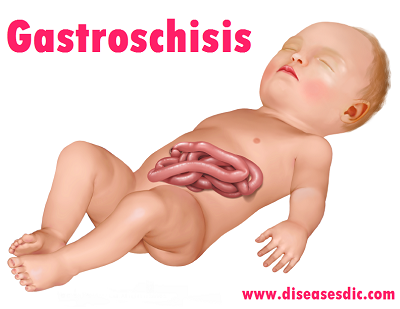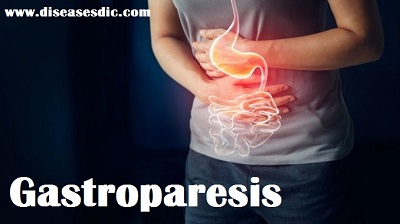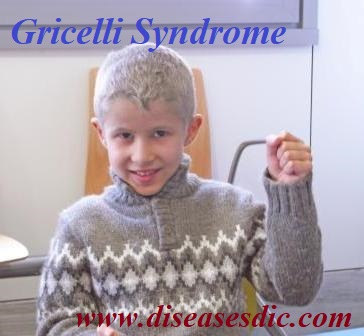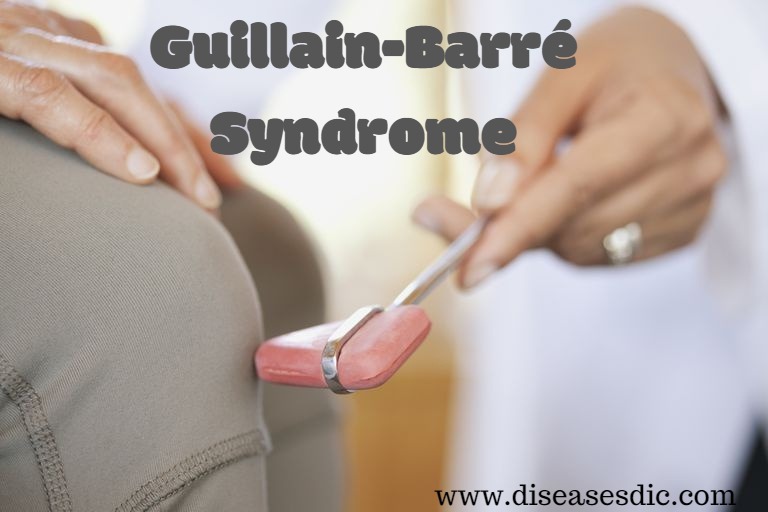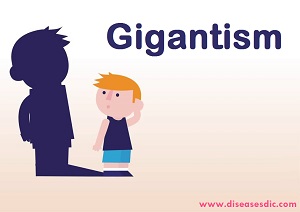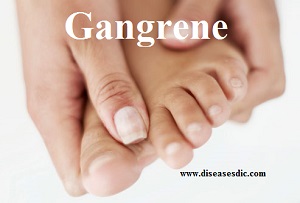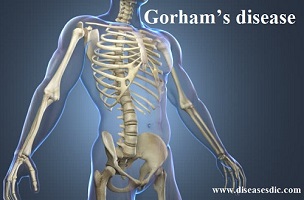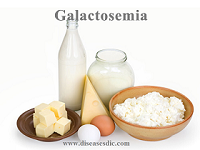Definition Gastroschisis is a relatively uncommon condition that occurs in approximately 1 in 5,000 live births. It is one of a group of birth defects known as abdominal wall defects, which occur very early in gestation and are characterized by an opening in the abdominal wall of the fetus. Most …
Read More »Gastroparesis- Definition, Causes, and Treatment
Definition Gastroparesis means partial paralysis of the stomach. The word ‘gastro’ refers to the stomach, and the word ‘paresis’ means partial paralysis. To understand what goes wrong in gastroparesis, it is important to know how a healthy digestive tract functions. When we eat, we start by chewing and swallowing (ingesting), …
Read More »Gricelli Syndrome – Causes, Diagnosis, and Treatment.
Gricelli Syndrome – Overview Gricelli syndrome is an inherited condition characterized by unusually light (hypopigmented) skin and light silvery-gray hair starting in infancy. Researchers have identified three types of this disorder, which are distinguished by their genetic cause and pattern of signs and symptoms. Griscelli syndrome type 1 involves severe …
Read More »Guillain Barre syndrome- Causes, Treatment and Prevention
Definition of Guillain Barre syndrome Guillain Barre syndrome (GBS) is a rare neurological disorder in which the body’s immune system mistakenly attacks part of its peripheral nervous system the network of nerves located outside of the brain and spinal cord. GBS can range from a very mild case with a …
Read More »Gigantism – Definition, Causes, and Treatment.
Definition of Gigantism Gigantism is a rare condition that causes abnormal growth in children. This change is most notable in terms of height, but girth is affected as well. It occurs when your child’s pituitary gland makes too much growth hormone, which is also known as somatotropin. Early diagnosis is …
Read More »Gangrene – Causes, Symptoms, and Treatment
What is gangrene? Gangrene, which refers to tissue death caused by a severe shortage of blood supply or serious bacterial infection, occurs in lower extremities. It is more common in the toes than other parts of the body. Gangrene tends to happen more often among people with peripheral artery …
Read More »Gorham’s disease or Gorham’s stout – Treatment and Prognosis
Definition Gorham’s Disease, also known by the name of Disappearing Bone Disease, is an extremely uncommon medical condition of the skeletal system which does not have a specific etiology in which there is an uncontrolled proliferation of lymphatic channels within the bone causing resorption and replacement of bone fibrosis. Gorham’s …
Read More »Galactosemia – Definition, Causes, and Prevention.
Definition Galactosemia is a rare, hereditary disorder of carbohydrate metabolism that affects the body’s ability to convert galactose (a sugar contained in milk, including human mother’s milk) to glucose (a different type of sugar). The disorder is caused by a deficiency of an enzyme galactose-1-phosphate uridyl transferase (GALT) which is …
Read More » Diseases Treatments Dictionary This is complete solution to read all diseases treatments Which covers Prevention, Causes, Symptoms, Medical Terms, Drugs, Prescription, Natural Remedies with cures and Treatments. Most of the common diseases were listed in names, split with categories.
Diseases Treatments Dictionary This is complete solution to read all diseases treatments Which covers Prevention, Causes, Symptoms, Medical Terms, Drugs, Prescription, Natural Remedies with cures and Treatments. Most of the common diseases were listed in names, split with categories.
